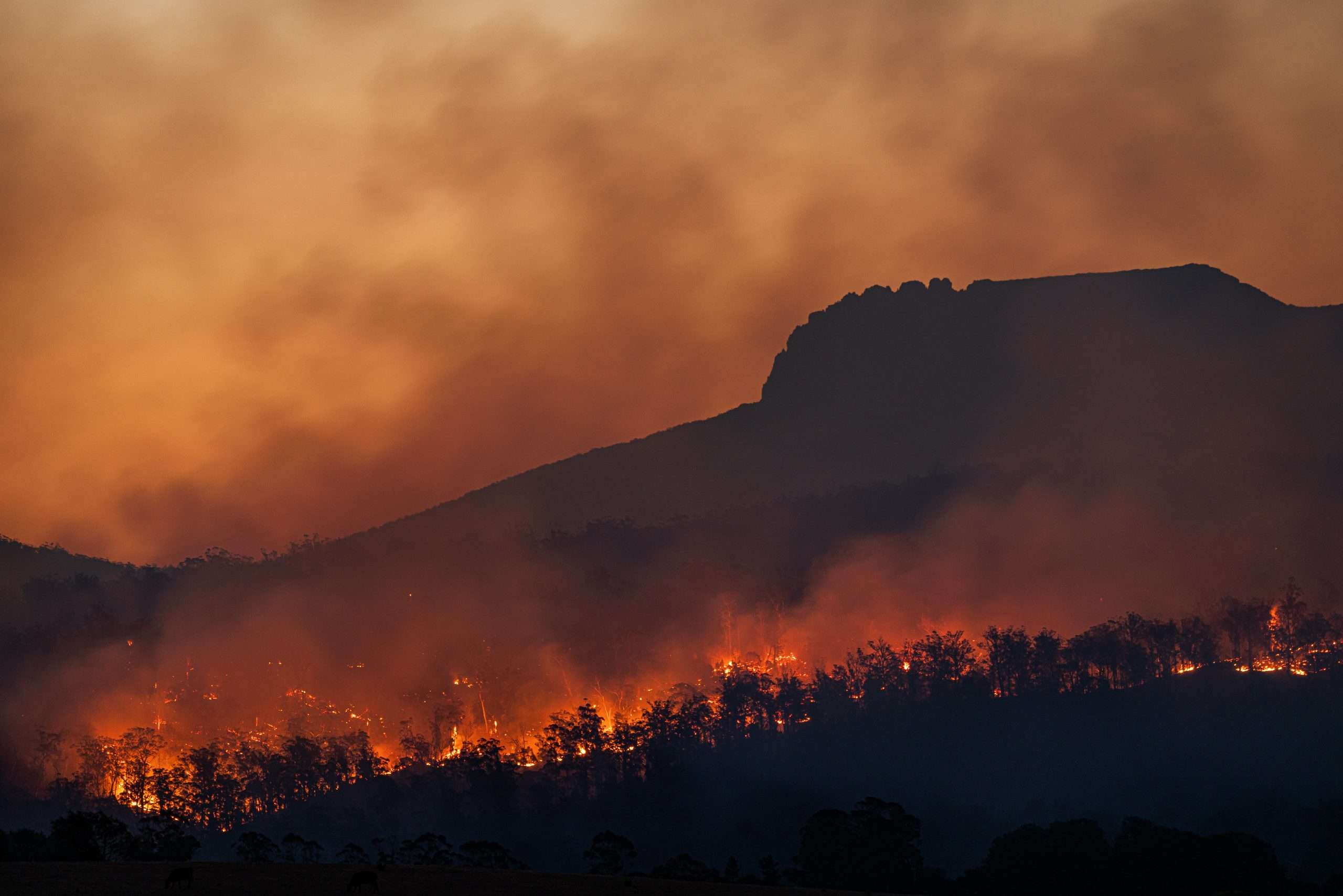California Wildfires Impact Fixed Income Markets: Bond Spreads Widen Amidst Crisis
The recent wildfires in California have had a profound impact on the financial landscape, particularly affecting municipal and corporate bonds. As these devastating fires, along with severe rainstorms and mudslides, wreak havoc on communities, investors are increasingly concerned about the implications for the bond market.
Impact of California Wildfires on the Bond Market
The wildfires that began in early January have raised significant fears regarding the medium- and long-term effects on both municipal and corporate bond issuers. Christian Neilson, the director of municipal bond valuation at LSEG, elaborated on how these events are reshaping market dynamics, particularly for the Los Angeles Department of Water and Power (LADWP) and other local utilities.
Widening Spreads for LADWP Bonds
Currently, the focus is on LADWP, the largest municipal utility in the United States, which supplies water and power to substantial areas of Los Angeles County, including Pacific Palisades. Due to various factors, the utility’s debt has seen spreads widen by as much as 50 basis points.
- California law requires utilities to be held responsible if their equipment is found to have caused a fire.
- Reports suggest that some fires may have been caused by arson, pending ongoing investigations.
- On January 14, Standard & Poor’s downgraded LADWP’s ratings, citing concerns over reserves and potential liabilities.
Legal actions are already underway, with lawsuits claiming that LADWP mismanaged water supplies during the wildfires. Additional lawsuits are anticipated, contributing to the prevailing market uncertainty.
Investor Concerns and Financial Recovery
Despite maintaining a strong credit rating, LADWP may be compelled to increase customer rates or issue new debt to fund recovery efforts. Investors are cautious, recalling the bankruptcy of Pacific Gas & Electric in 2019 due to liabilities from past wildfires.
Moreover, other municipal issuers in affected areas are also witnessing similar spread widenings, impacting:
- General Obligation (GO) bonds
- School district bonds
- Local utility debt
Investors are particularly anxious about how the fires will affect tax revenues, predicting declines in property tax receipts and potential weakening of sales tax revenues across Los Angeles and neighboring regions.
Corporate Bonds Under Pressure
The wildfires have not only impacted municipal bonds but have also placed significant pressure on corporate bonds. For instance, Southern California Edison, a subsidiary of Edison International, faced multiple lawsuits alleging that its electrical equipment ignited the Eaton Fire in Pasadena, which devastated 22 square miles.
While insurers have historically experienced bond losses after natural disasters, there is a growing confidence in their risk management strategies. Many have adopted wildfire risk mitigation measures, such as:
- Reinsurance programs
- Geographic diversification
- Strong capital reserves
Ongoing Market Uncertainty
The financial repercussions of the California wildfires are expected to linger long after the fires have been extinguished. In such volatile market conditions, having access to reliable and independent bond pricing becomes essential for investors.
The LSEG Pricing Service provides extensive coverage of global fixed income securities, including over-the-counter derivatives and dynamic assets influenced by recent wildfires. Evaluation specialists are actively monitoring developments in California to ensure that pricing reflects the changing market sentiment throughout the trading day.
For more information about the impact of natural disasters on financial markets, visit LSEG.







